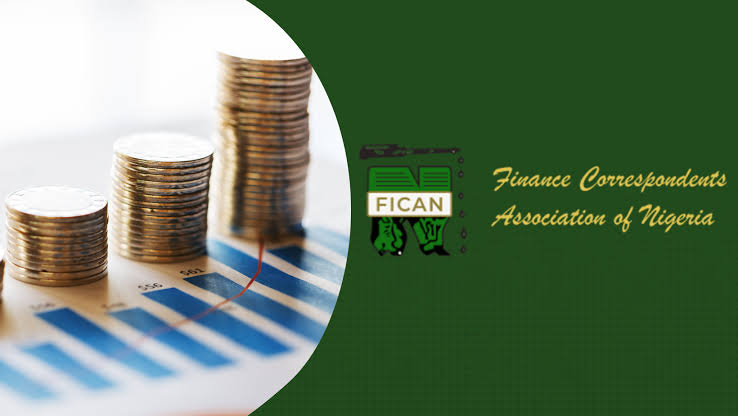
The 2024 Finance Correspondents Association of Nigeria (FICAN) conference, set for September 28-29, will bring together major financial institutions to discuss the effects of current bank recapitalization efforts on Nigeria’s real sector and its ambitious target of becoming a $1 trillion economy.
The conference, themed “Nigeria’s Journey Towards $1tn Economy: Impact of Banks’ Recapitalisation, Opportunities for Fintechs and Real Sector,” will feature prominent speakers including Hassan Bello, Managing Director/CEO of the Nigeria Deposit Insurance Corporation (NDIC), Oliver Alawuba, CEO of United Bank for Africa (UBA), and Mustafa Chike-Obi, Chairman of the Bank of Industry (BDAN).
Panel discussions will include representatives from the Central Bank of Nigeria (CBN), the Nigeria Sovereign Investment Authority, the Nigeria Inter-Bank Settlement System, and the Development Bank of Nigeria. The CBN’s recent recapitalization policy, introduced in March, mandates banks to meet new capital requirements by April 2026. This has led banks to explore mergers, acquisitions, and new capital infusions to comply.
Hassan Bello will deliver the keynote address, emphasizing the importance of recapitalization in creating a resilient financial system that supports sustained economic growth. The conference aims to deepen understanding of these key economic policies and their implications, enhancing the knowledge and reporting skills of over 150 financial journalists from FICAN.
The event also underscores the collaborative efforts of the CBN, NDIC, and the Securities and Exchange Commission to streamline the recapitalization process, boosting efficiency and transparency in the financial sector.
FICAN, the umbrella organization for financial journalists and business editors in Nigeria, views this conference as a vital opportunity for quality reportage and critical analysis, contributing to informed media coverage of Nigeria’s financial and economic policies.
